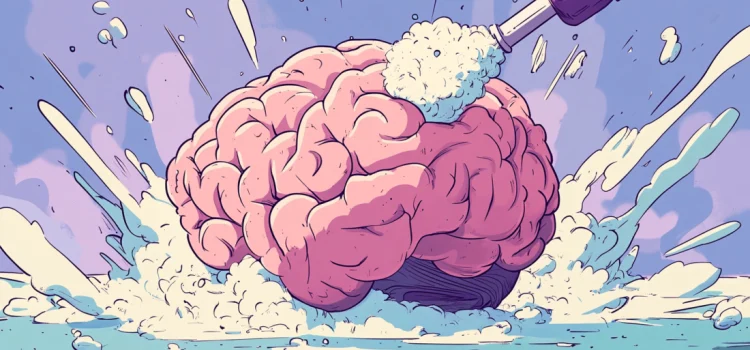What is self-esteem, and why is it important? How does the way you view yourself impact your daily life, relationships, and overall happiness? Self-esteem goes far beyond just feeling good about yourself; it’s about recognizing your inherent worth and believing in your abilities to handle life’s challenges. Leading experts and researchers have explored how this fundamental attitude shapes our emotions, behaviors, and connections with others. Read more to learn what the research reveals about self-esteem and discover why it matters so much for living a fulfilling life.
What Is Self-Esteem, and Why Is It Important?










